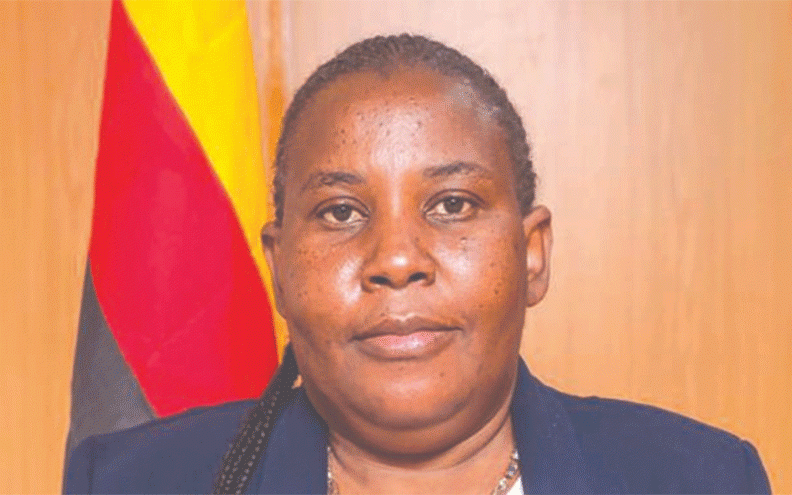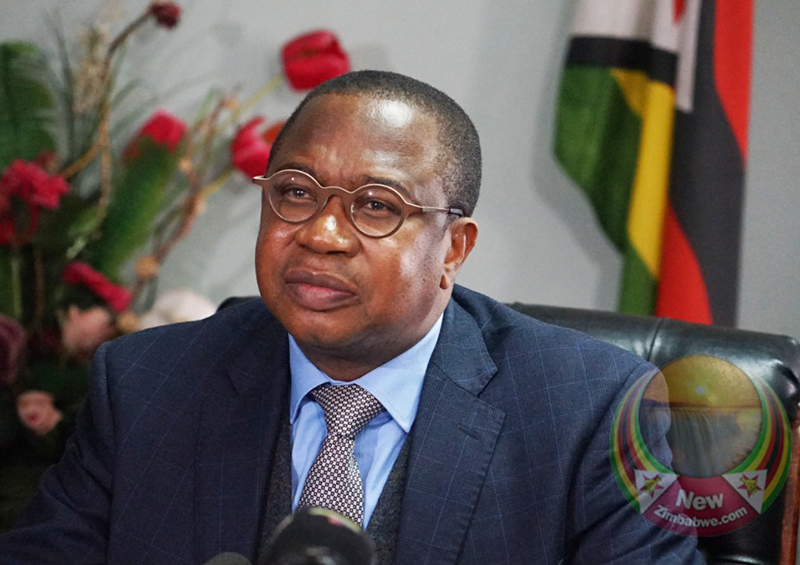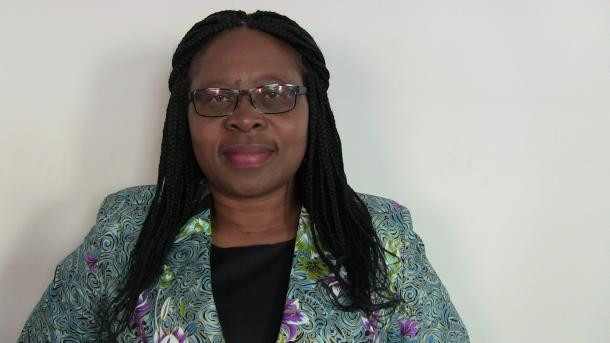
ENERGY deputy minister, Yeukai Simbanegavi, is seeking Parliament approval for government to adopt the protocol on energy co-operation within the Southern African Development Community (Sadc).
The protocol on energy binds member States to co-operate on energy development, harmonisation of policies, strategies, and procedures throughout the region.
It makes it possible to ensure the security, reliability, and sustainability of the energy supply, with member States co-operating on research and development of low-cost energy sources applicable to southern Africa.
In a motion raised in the National Assembly, Simbanegavi cited Section 327(2) of the Constitution which provides for parliamentary approval for international agreements.
The energy protocol, adopted at the 41st Sadc Summit in Malawi in August 2021, revises the regional bloc's existing protocol on energy.
“Now, therefore, in terms of section 327(2) of the Constitution of Zimbabwe, this House resolves that the afore-said protocol be and is hereby approved for accession,” Simbanegavi said.
Chegutu legislator Shakemore Timburwa said reliable energy was key to boosting economic growth.
“The utilisation of energy is integral to economic growth and development, the alleviation of poverty, and the improvement of living standards and quality of life throughout our region,” Timburwa said”
- Sadc meets over water, energy and food security
- 5 Zim cops off to South Sudan
- Opposition loses hope on reforms
- Chinese tile maker fights taxes in Zim and Zambia
Keep Reading
Dzivaraseka legislator Edwin Mushoriwa said: “We support this protocol but we just urge the Executive to be speedier in terms of dealing with matters that affect us as a nation.”
Warren Park legislator Shakespear Hamauswa said it was worrying that the government had not adopted the protocol.
“We are equally worried that the delay by the government to sign such important protocols not only for this particular one on energy but all other protocols, shows reluctance of the government to abide by the rules of the game,” he said.
“Therefore, when it comes to Parliament, it brings confidence that our government is ready to also be bound by multi-lateral regulations, protocols and principles.”
Zimbabwe battles an electricity crisis due to depressed generation capacity owing to drought and constant breakdown of ageing equipment.









